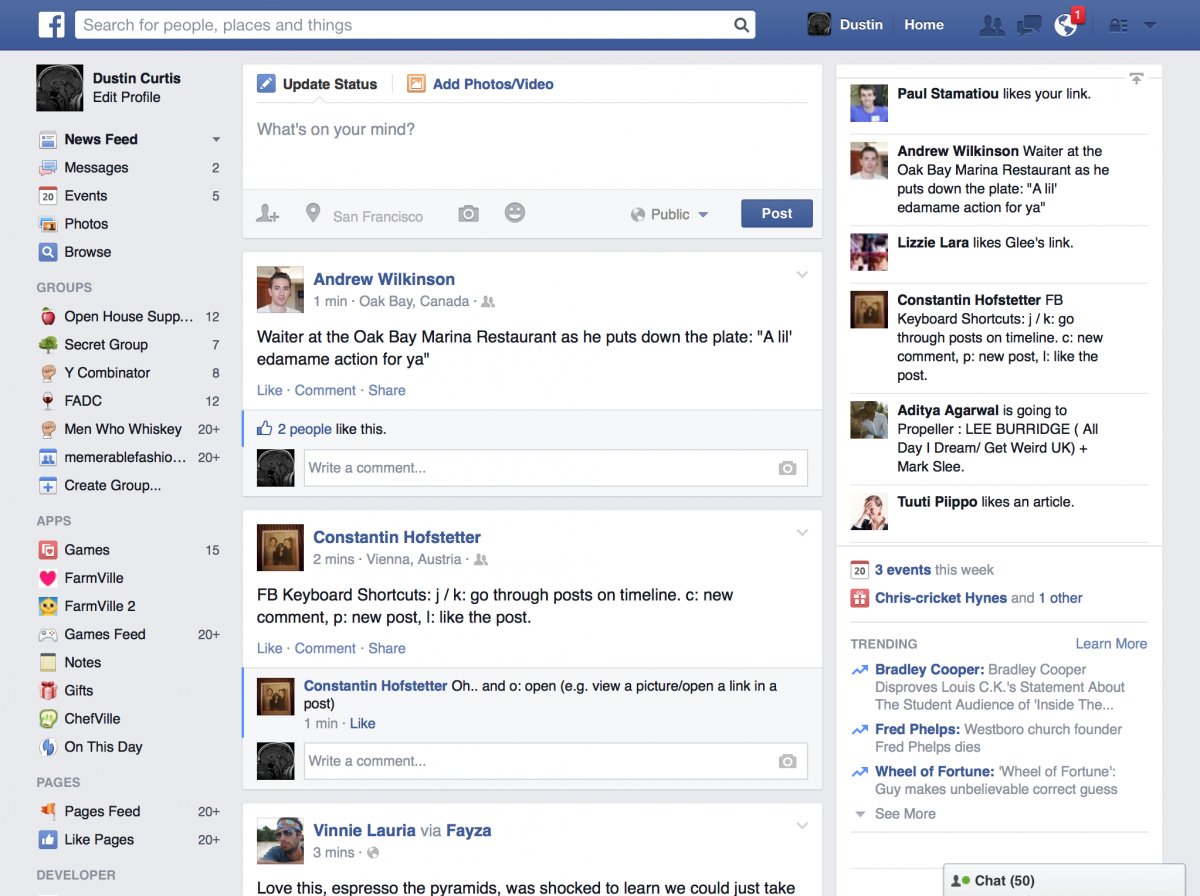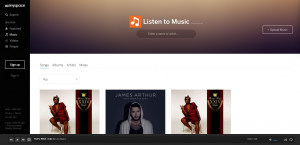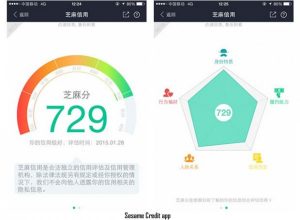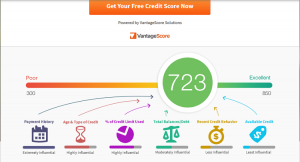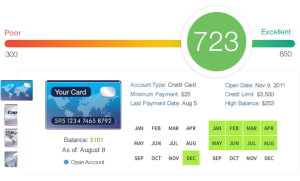Sesame Credit is one of the applications that have influenced the idea of this project because of its social credit scoring system and all the information available on the net about it. However, many sites provide with wrong or distorted information that, although inspirational for the project, must be double checked in order to know to what extend Sesame Credit affects society.
This way, a Focus Group was arranged in order to get a more realistic and true knowledge of Sesame Credit. The participants were Chinese students that have been using this application for a long time. A number of questions about the use they make of Sesame Credit, how they feel about it, and how it affects their daily lives were proposed.
Questions were proposed in a structured way and participants came up with common conclusions that are presented below in this post. When opinions were too different among the participants to give a common description, the different answers are provided.
- What do you think of Sesame Credit?
It is definitely convenient. You can make payments at any time with your phone, and there is no need to have a card or cash. It can be used in many contexts, from hotels to groceries. It is also highly usable.
- What sort of tangible benefits do you receive from Sesame Credit?
First of all, life becomes easier as it is possible to make payments with the phone in a very convenient and fast way. Also, when your credit score is high enough, you can get loans that you will have to pay back after a certain amount of time. This way you can buy a new laptop in the Apple Store by asking for a loan from Sesame Credit proving your score is high enough, and then pay in installments.
There are many options for different kinds of people such as pay the house rent or the phone bills.
Last but not least, when your score is high you get some kind of honor and status. If you compare my score with other friends and yours is higher, it means you are an honest person (as this score is increased also by the trust worthy someone is when paying back a loan)
Do these benefits influence your actions?
Yes they do. If your phone gets stolen, they are having access to your personal platform to make payments and even ask for loans (let alone the risk of someone modifying your score), so this is something to really take care about. When the phone runs out of battery is also something to be worried about, as you might need to make any unexpected payment and would not be able to use this platform.
Also, you spend more money in order to get higher scores and so get even more benefits (access to new loans or increase of the maximum loan amount, etc). This benefits make you spend even more so it is like a loop.
Finally, some businesses send information about discounts through this application so it is also a platform to get to know if there is any sale or promotions in nearby places. This discounts can sometimes only be used through the application.
In general this all translates into using your phone much more.
- Has Sesame Credit affected your behaviour?
Yes it has.
If so, how?
You kind of depend on your phone and on this application to do many things in your daily life such as buying fast food on the street (In China).
Definitely it also makes you spend more.
Do you see this as positive, negative or both?
It is positive as consuming you are helping your country’s economic development and increase its GDP (Gross Domestic Product). On the other hand, from and individual perspective, you spend more than what you like, so there is a risk that you become a wasteful person. Also you become more dependent on your phone which is not very positive.
- Do you think Sesame Credit affects the behaviour of other people?
Yes.
If so, how?
People might go out less than usual as they can do their shopping from their homes, from checking to menu to purchase for delivery.
People from business will use this application to measure how trust worthy you are, so they check their consumers’ honesty, for example at the time of deciding whether to borrow money to them.
People also have to be responsible of their loans. A friend forgot to pay her loan back and by the time she realized she had to pay a huge amount of interests.
Do you see this as positive, negative or both?
Both. People become more dependent on their phones and their social skills might be harmed as they do not go outside that often (regarding face to face contact).
On the other hand it is positive for business as they have a way to determine the client’s honesty and so they can make better decisions.
The mentioned interests problem would be less likely to happen with banks as they would send informative letters (as these institutions may be better established and organized). Banks are generally more reliable and people take them more seriously.
- What information can you see about other people on Sesame Credit?
You can check other’s people scores but you cannot buy the purchase history or how they improved their score due to privacy reasons.
- Do you discuss your credit score with friends?
Yes
How often?
-Sometimes, but it is not a very important topic.
-I used to some time ago when the app came out, but not now anymore.
Are your friends interested in your credit score?
-It used to be something you talk with your friends like a game. It can also be seen as a way to show off how rich you are.
-Nowadays it depends on the person, but asking might not especially polite. Some of my friends post their credit score on Social Networks but
Have you asked to see your friend’s credit scores?
-Sometimes but not very thoroughly.
-I have never asked because I think it is private information.
Is it clear what affects your credit score?
The applications provides with information about how your score is calculated from factors such as: your current occupation, the veracity of your data, your financial behaviour (through factors like the kind of hotels or flight tickets you book), your shopping behaviour and paid bills, your social relationships and how influential you are on the credit scores of your friends, your loan history and the properties you have.
However, most people in China do not know this (as it is quite technical) and they just know that the more they consume, the higher mark they will get.
- How much do you use Sesame Credit?
Very often.
How long have you been using it?
Around 4 years since it was released.
How often do you use it?
Quite a lot in my daily life in China as it can be used for many kinds of shopping or to pay bills.



